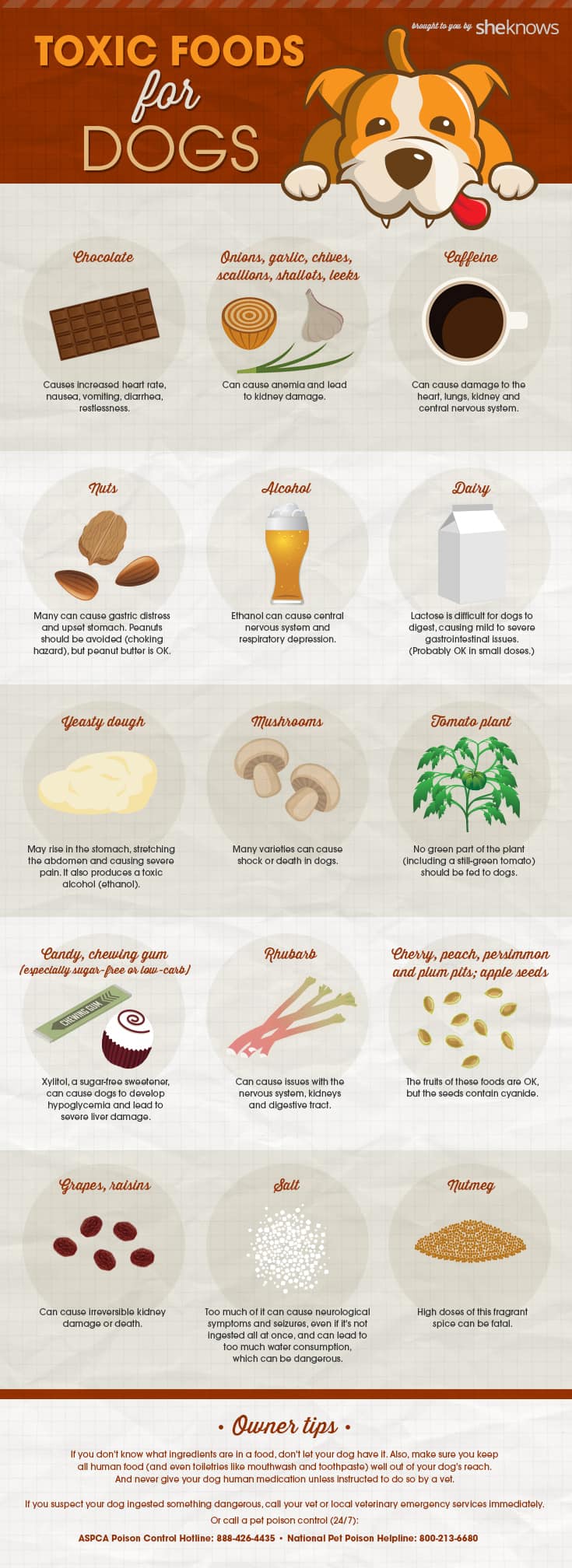Dog Daycare Social Media Examples
Dog Daycare Social Media Examples
Blog Article
Can Pet Daycare Cause Illness?
Pets in day care receive lots of workout, socializing with other dogs and one-of-a-kind experiences. This can be specifically practical for puppies and pets with behavior problems.
There are several legal factors to consider you require to take into account when starting a dog childcare organization. These include the structure of your company and conformity with federal government regulations.
1. Canine Distemper
Canine distemper is spread with direct contact with the physical liquids and waste of a contaminated canine, however it can likewise be sent using shared water and food bowls or through airborne droplets. This extremely transmittable illness is most harmful for pups, yet it can affect pets of any kind of age and is fatal for many if left without treatment.
First signs and symptoms of canine distemper often mimic a common cold, including drippy eyes and nose with watery or pus-like discharge. As the illness advances, a canine will establish high temperature, coughing, lowered hunger, throwing up and looseness of the bowels. The virus can also attack the nerve system, causing seizures, twitching and partial or total paralysis.
Trustworthy daycares minimize direct exposure to infection by requiring inoculations, regular health examinations and adhere to rigorous health protocols. If your pup appears overly tired or limping, a day of rest may help him recover, but you ought to avoid taking him back to daycare until these symptoms clear up.
2. Kennel Cough
Kennel cough, also called infectious canine tracheobronchitis or Bordetella, is a highly contagious viral or bacterial disease that affects the respiratory system. It's generally transferred via the exchange of saliva or air beads that an unwell pet dog exhales. Social canines are at greater threat for infection because of their regular interaction with one another, such as when they play, share food or water, sniff each other or merely satisfy in a crowded environment like a pet park or daycare.
One of the most typical sign of kennel cough is a persistent and strong coughing that sounds like something stuck in the throat or retching. Often, pets will certainly spend frothy white phlegm. If left untreated, a pet can establish pneumonia and be at serious risk permanently.
A credible day care facility should have rigorous cleansing and cleanliness protocols, disinfect all playthings, food and water bowls frequently, and be open about their vaccination plans. Keeping your dog approximately date on their vaccinations, especially for bordetella and canine boarding kennels near me for dogs influenza, will greatly lower their possibilities of contracting the ailment.
3. Parvovirus
Canine parvovirus, or parvo, is an extremely contagious viral ailment that can be dangerous for puppies and young person pet dogs with poor body immune systems. It's most frequently spread by straight contact with polluted dog feces-- which can take place when canines smell, lick, or taste infected feces-- and indirectly from polluted people, things, or atmospheres (like kennels, brushing spaces and lawns). Pups and canines without full inoculation histories are specifically prone to parvo.
The virus is very resilient, enduring in the environment for as much as nine years, and can quickly be transferred in between dogs by call through feces or on shoes, garments, and bedding infected with parvovirus. If not dealt with instantly with IV liquids, electrolyte balance, throwing up control medications and anti-biotics to prevent second bacterial infections, a pet will rapidly dry out and establish serious looseness of the bowels, which results in shock and sepsis. Parvo is tough to cure when a dog has come to be ill, but with ideal vet treatment, numerous pups do survive this health problem.
4. Canine Influenza
Pooch influenza infection is highly infectious and spreads via direct call, sharing food and water bowls, licking or nuzzling other pet dogs, via airborne beads, and through polluted surface areas. Vaccination works in lowering the risk of infection and episodes.
Most impacted pets develop a moderate respiratory system infection with a cough that lasts 1-3 weeks. They might also have nasal and ocular discharge, sneezing, and sleepiness. Several of the most severe cases lead to pneumonia and a high fever.
If your pet exhibits any one of these signs and symptoms, do not bring them back to daycare up until they are healthy and balanced. If your dog is showing indicators of extreme tiredness or hopping, talk to your veterinarian today and ensure they are on healthiness supplements to help develop their resistance. A vet will assess your canine for signs and symptoms of the influenza by taking a sample from the nose or throat, and blood tests can be done to verify.